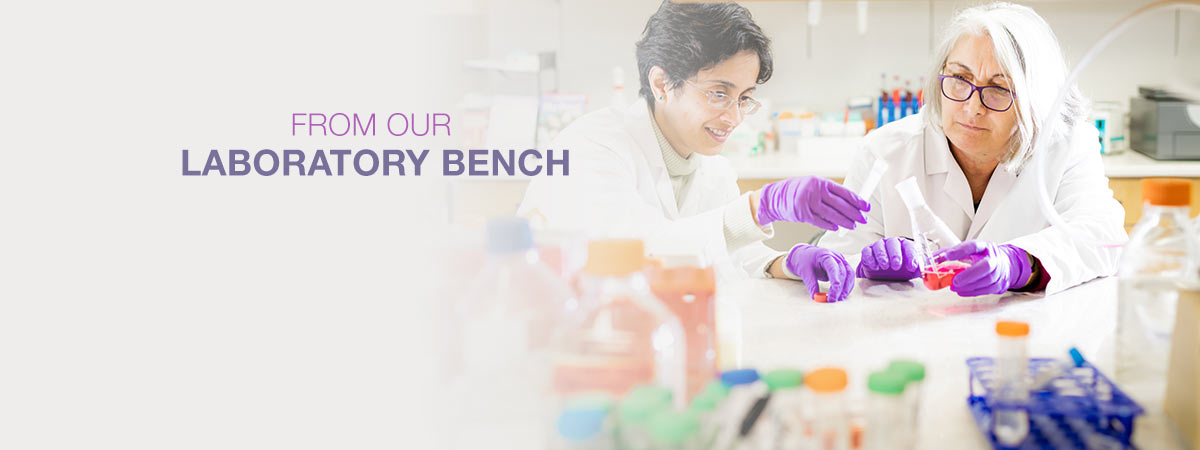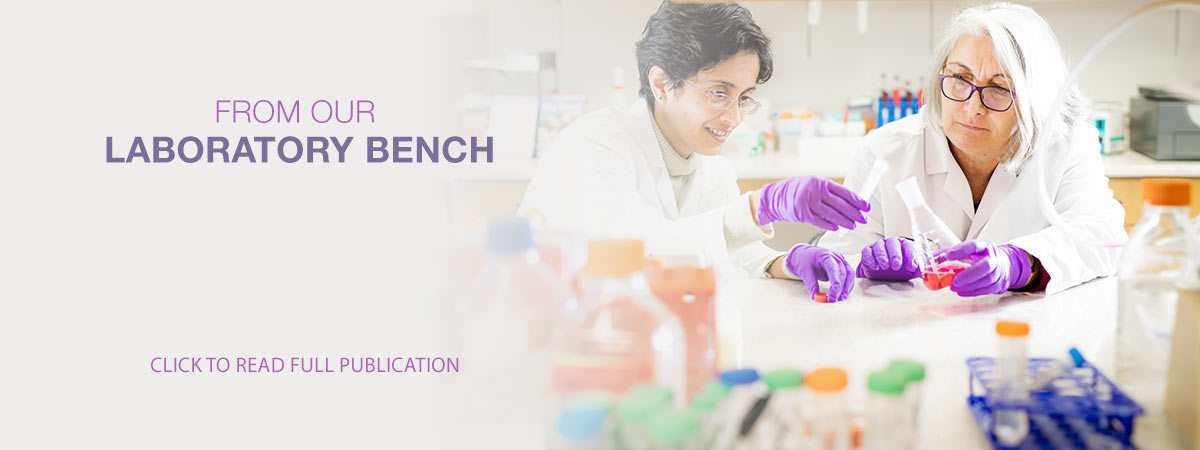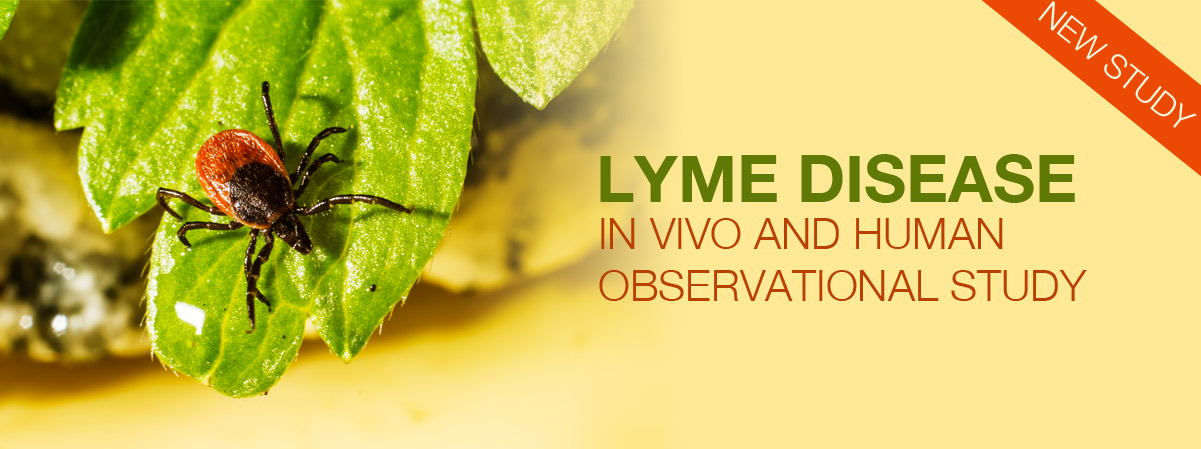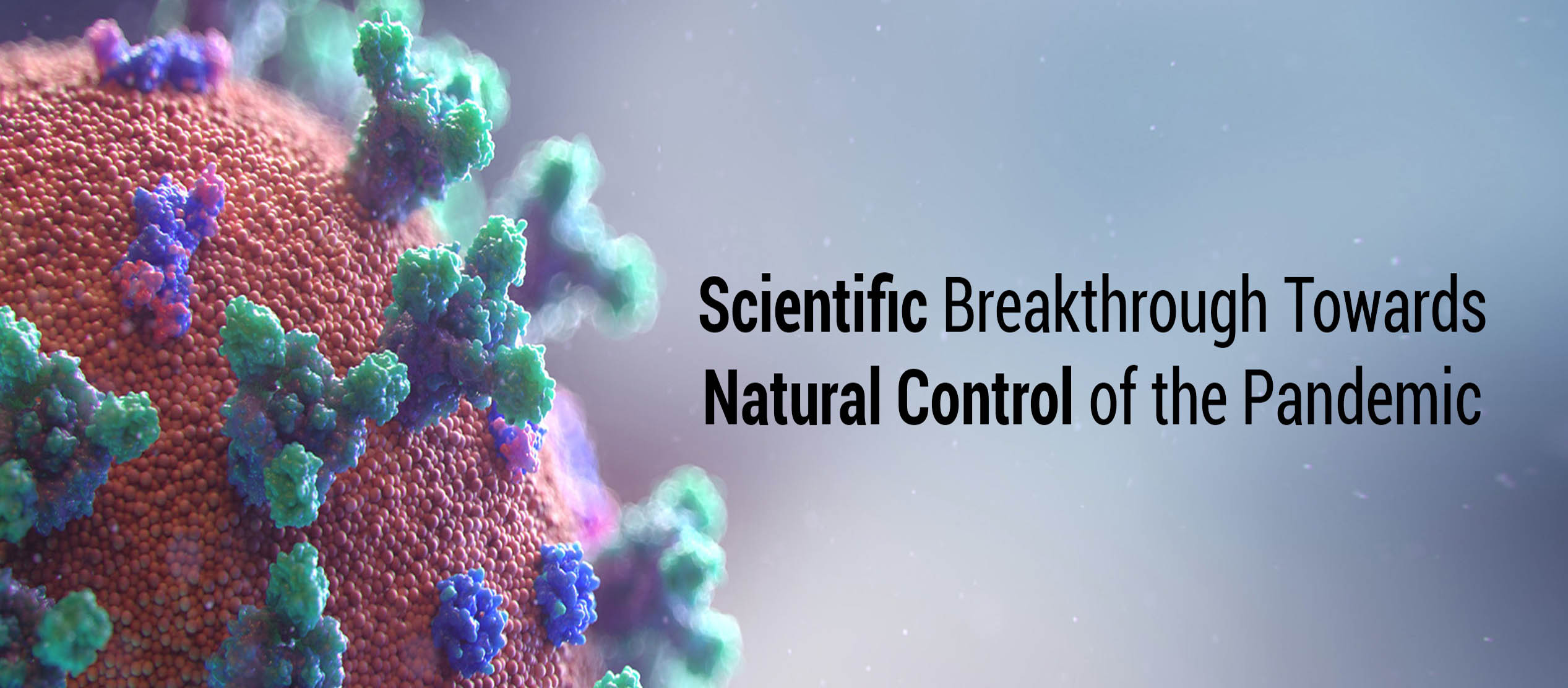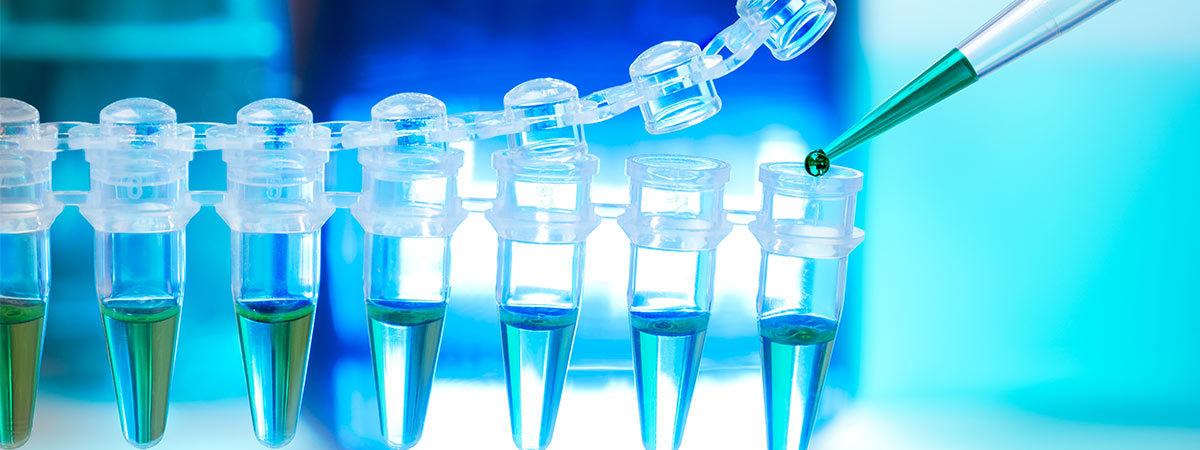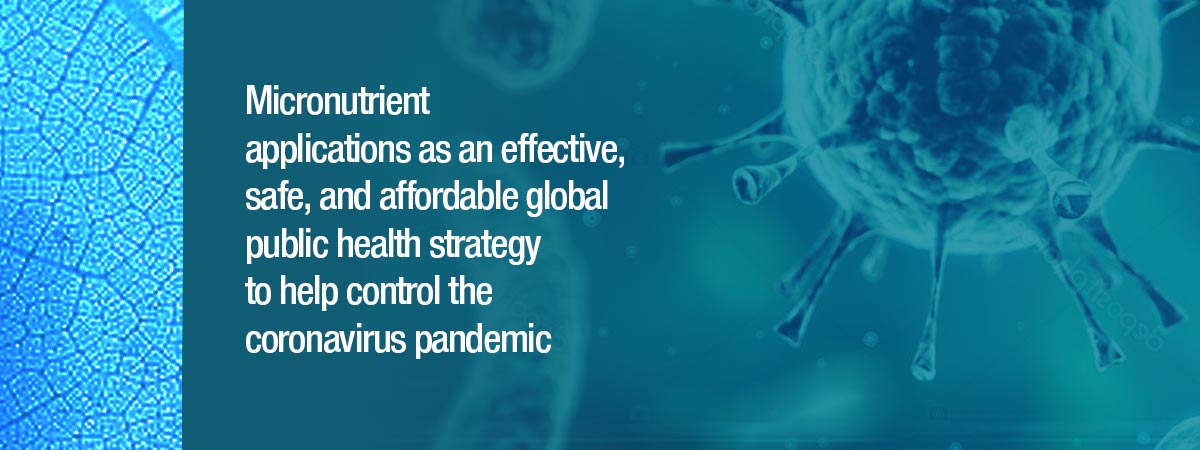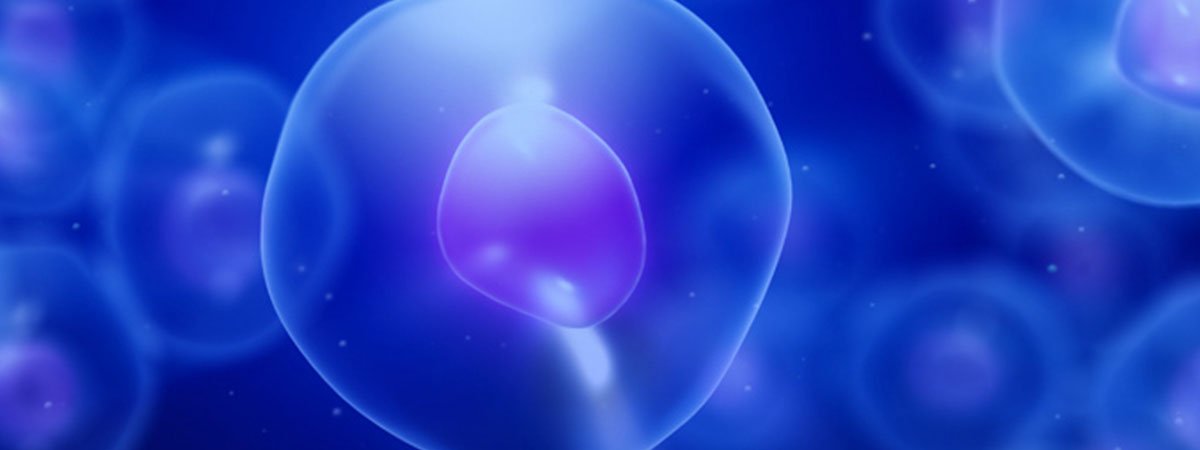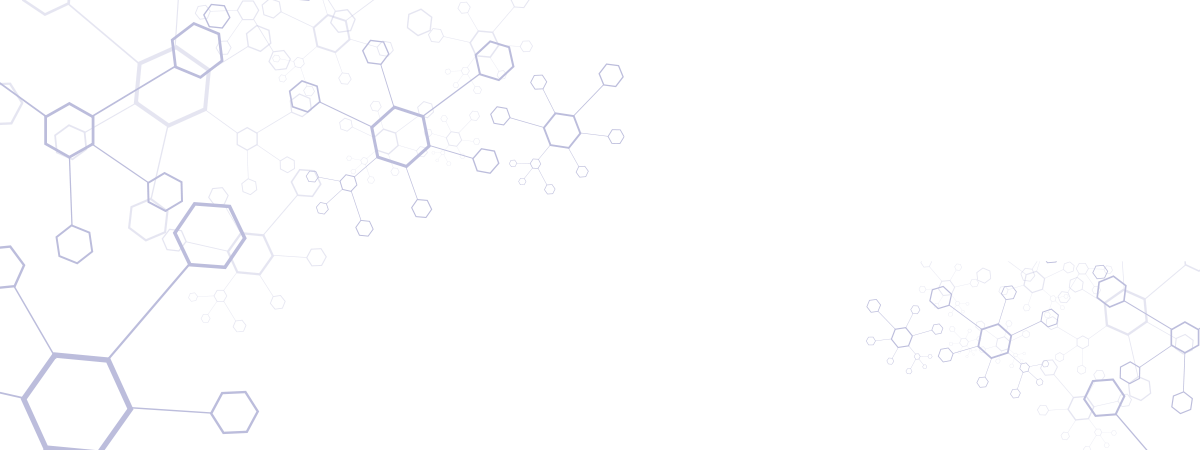M.W. Roomi, N. Roomi, V. Ivanov, T. Kalinovsky, A. Niedzwiecki, M. Rath
In Vivo 2006; 20(1):25-32
Introduction:
Melanoma, a very serious form of skin cancer, causes the most skin cancer-related deaths, due to metastasis. Structural changes in the ECM are necessary for cell migration during tissue remodeling. MMPs, VEGF, Ki 67 (proliferative protein), and constituents of ECM play a critical role in angiogenesis, and are crucial in neoplastic invasion and metastasis. Based on antitumor properties of certain nutrients, we investigated the effect of a diet containing lysine, proline, arginine, ascorbic acid, and green tea extract on the growth of tumors induced by implanting human melanoma A2058 cells in athymic nude mice and on the expression of MMPs, VEGF, Ki 67 and fibronectin in these tumors, as well as the production of mucin (by PAS staining).
Methods:
After one-week of isolation, 5-6 week old athymic male nude mice (n=12) were inoculated with 3x106 melanoma A2058. After injection, the mice were randomly divided into two groups; group A was fed a regular diet and group B was fed a regular diet supplemented with 0.5% of the nutrient mixture (NM). Four weeks later, the mice were sacrificed, and their tumors were excised, weighed, and processed for histology. We also tested the effect of NM in vitro on melanoma A2058 cell line by measuring: cell proliferation by MTT assay, expression of MMPs by gelatinase zymography and invasion through Matrigel.
Results:
Results showed that the nutrient NM-supplemented diet inhibited the growth of tumors by 57% in nude mice. Furthermore, histological evaluation revealed increased mitotic index and MMP-9 and VEGF secretion in the control group tissues. Nutrient supplementation strongly suppressed the growth of tumors without any adverse effects in nude mice, suggesting the nutrient combination has potential as an anticancer agent. Histological studies supported these findings by showing inhibition of MMP-9 and VEGF secretion and mitotic index - critical parameters for cancer control and prevention. In vitro studies showed NM inhibited melanoma cell growth by 64% at 500 mg/ml and invasion of cells through Matrigel was inhibited by 30%, 44%, and 95% by 10, 50 and 100 mg/ml of NM, respectively.
Conclusion:
The results of this study demonstrated that the nutrient mixture tested significantly suppressed tumor growth of melanoma cancer A2058 in male athymic nude mice and significantly inhibited MMP secretion, and invasion of melanoma cells in vitro, offering promise for therapeutic use in the treatment of melanoma.
Full Study:
